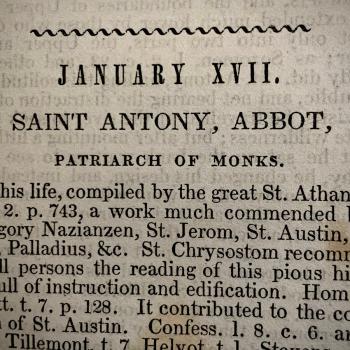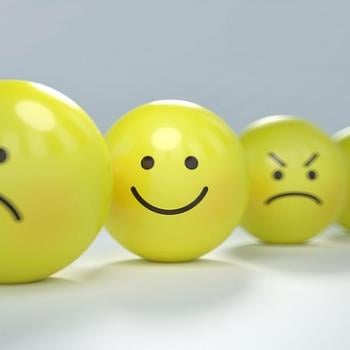In an even further upheaval of the status quo, many in the upper echelons of political commentary have admitted that the arguments against their own position are compelling. One blogger put it frankly: "There are so many good reasons on both sides, so many different possible outcomes, that my only sure conclusion is that I'm glad I don't have to make a decision."
That's exactly right. Even the most studied expert cannot know how much force will be required for Gaddafi to cave, whether Arab sentiment will turn against us, and how many civilians and coalition troops will end up dead before the job is finished. If things go well, we'll have done an incredibly powerful and benevolent deed; if not, we may end up prolonging the current bloodshed or killing even more innocent people. On this side of the action, who's to say?
Such is the persistent, thankless dilemma of policymaking and the harsh reality of life itself. Rarely do preconceived categories fit, rarely are future events foreseeable, rarely do paths of action come without the possibility of tragic unintended consequences. Most of America's foreign policy disasters have come when leaders have forgotten the painful limits of intervention. Often, we do not realize whether our choices will have been for good or for ill until we have made them—and sometimes not even then.
With the lessons of Iraq and Afghanistan still hanging over us, I lean toward skepticism about taking on a third military engagement in a Muslim nation, particularly one that has so little influence on its neighbors and so little impact on our national security. The divided coalition, the weak Arab support, and the disorganized rebels are all ominous signs that this mission may be more ill-advised than it first appeared. But it's reassuring to have a president who is slow to intervene, even if he eventually does, and to see the country's commentariat so openly unsure of its own positions. To be deeply torn is a place that, in both politics and life, most of us find ourselves more often than we like to admit. Maybe if enough of us admit it this time, we will be empowered to weigh the options more productively.





